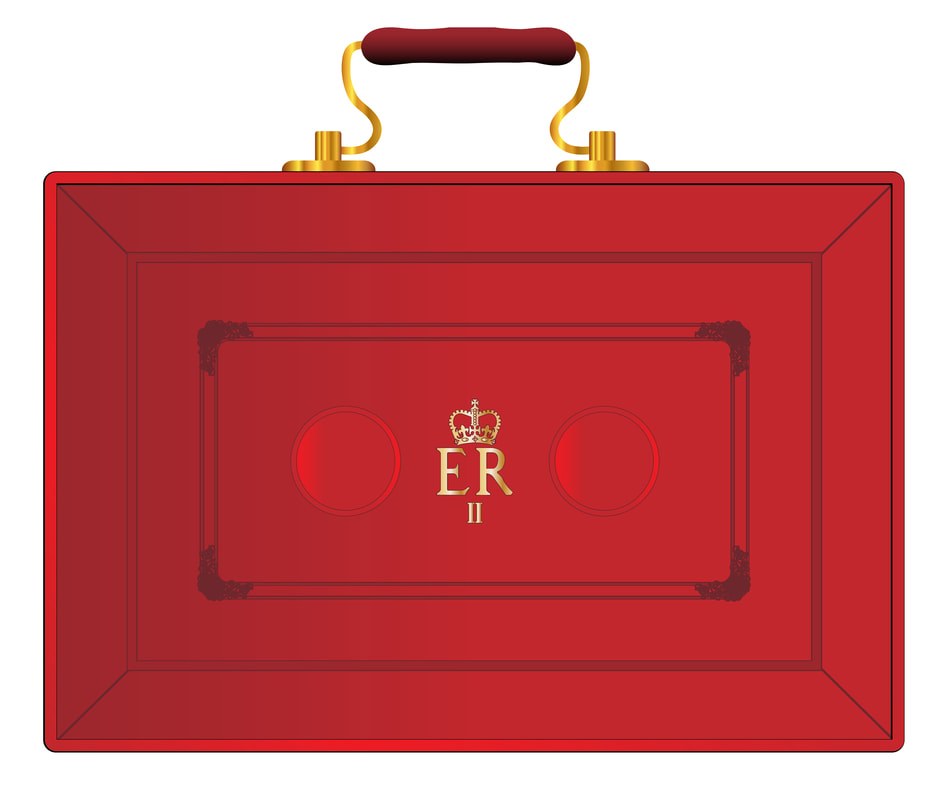|
Mini-budget unveiled: going for growth
The new Chancellor, Kwasi Kwarteng's mini-budget resonated like a old-school 1980s style Conservative tax reduction and de-regulation plan, to solve our 1970s style stagflation risk. Good call. But will the markets buy it? The aim of the mini-budget is to make the UK globally competitive and "unleash the country's potential" with a comprehensive growth plan. But it comes against the backdrop against great economic uncertainty. Will this pre-emptive dash for growth help resuscitate the economy, and will the books balance? We shall see. Whilst the steps taken are welcome and are a long-term positive, they come at a time of economic fragility. All the right policies, but at a difficult time. Markets may remain sceptical until any benefits emerge. Key points of the growth plan are summarised below: Energy: Two year price cap for retail: helps cap inflation (and therefore helps reduce interest payments on inflation linked bonds) Going for growth: tax-cuts, breaking down regulatory barriers, reforming the supply side of the economy to stimulate demand Infrastructure: road, rail, and digital infrastructure investment and acceleration of review and implementation by reviewing planning restrictions, regulations and bureaucracy. New homes: get Britain building with streamlined planning and making government land available for housing Employment: make work pay to stimulate work-seeking over benefit-taking City and bonus cap: make London the centre for global banking and scrap bonus cap (which did not affect total remuneration) Creation of new investment and tax relief zones: to accelerate development in 40 tax incentivised zones, as part of levelling up strategy. Tax simplification: will be reviewed and made simpler and fairer to stimulate economic activity: planned increase in corporation tax rate will be cancelled and will remain at 19%, the lowest rate of corporate tax in the G20. Tax-incentivised investment: will extent EIS, SEIS and VCT schemes to make Britain a country of entrepeneurs Retail: bring back VAT-free shopping for tourists Employer NI rate rises will be cancelled. Tax cut for 1m business and 28m workers whilst maintaining funding for NHS Home ownership: stamp duty abolished for home purchases above £250,000 Income tax: basic rate cut earlier at 19%, higher tax rate of 45% abolished, highest rate now 40%, as it was for over 20 years. We will be watching how Sterling reacts to this "fiscal event" - as any benefits may take time to feed through the system, and the funding of these plans has yet to be estimated or analysed. Comments are closed.
|
ELSTON RESEARCHinsights inform solutions Categories
All
Archives
July 2024
|
Company |
Solutions |
|


 RSS Feed
RSS Feed